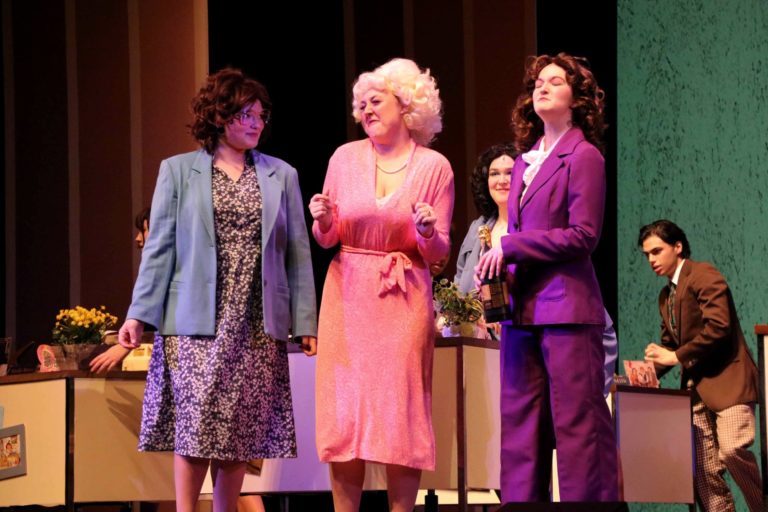
Malea Powell, Professor and Chair of the Department of Writing, Rhetoric, and American Cultures, has been selected as the next editor of College Composition and Communication (CCC), one of the flagship journals in writing and rhetoric studies. Her first issue will appear in February 2020.
College Composition and Communication publishes research and scholarship in rhetoric and composition studies that support college teachers in reflecting on and improving their practices in teaching writing and that reflects the most current scholarship and theory in the field.
“This has been one of my career goals for a long time,” Powell said. “I love the opportunity scholarly editing offers for making space for diverse voices in disciplinary scholarship. I’m especially excited at being chosen to lead CCC at a critical moment in creating the future culture for such an important professional organization – one that itself was created out of a need to recognize the enormous contributions of scholars and teachers of writing studies.”
Powell has served as Chair of MSU’s Department of Writing, Rhetoric, and American Cultures since January 1, 2016. She earned her Ph.D. in Rhetoric and Composition from Miami University of Ohio and came to MSU in 2002 after four years on the faculty at the University of Nebraska.
I’m especially excited at being chosen to lead CCC at a critical moment in creating the future culture for such an important professional organization.
Powell has published essays in College Composition and Communication, as well as College English, American Indian Quarterly, Paradoxa, and in several critical collections.
She is the founder of the Cultural Rhetorics Consortium, a professional organization for scholars in that emerging field, as well as founding editor of that organization’s constellations: a cultural rhetorics publishing space and the founder of the biennial conference. She also was a founding member of the community-based National Center for the Study of Great Lakes Native American Culture, an organization dedicated to the preservation of Great Lakes indigenous history, art, and culture.


